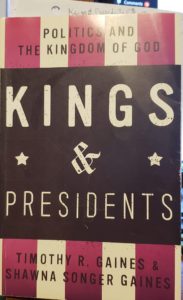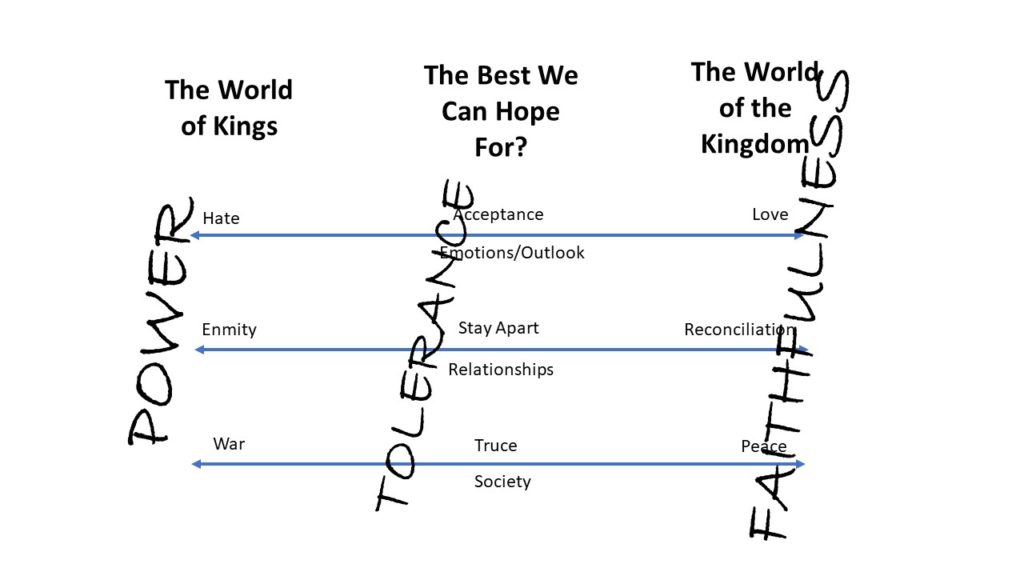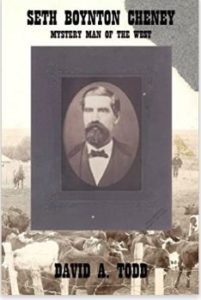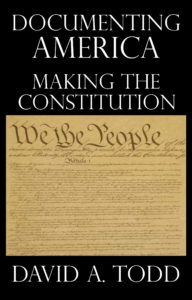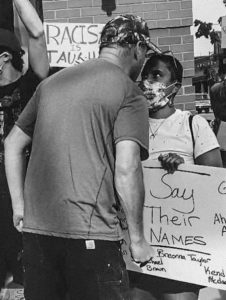I’ve been planning to write this post for a long time, since shortly after the events of January 6, 2021, but I wanted to do it carefully, trying to make sure I got my facts correct, that I was interpreting them correctly, and that any conclusions I drew were correct. Unfortunately, the world has moved a long ways since then, more or less to my original conclusion. So even though I’m late to the table, I’ll write my post anyway.
It was sometime early afternoon on January 6, 2021, when I checked in on Facebook during my reading time and began to see posts that something was happening at the Capitol in Washington D.C. It soon became apparent that a group of protesters were attacking the Capitol. As I said in my previous post about this event, I elected not to rush right to the TV for more news, because the early reports are so often exaggerated or wrong. A few hours later I began checking in with news sources, and over the next few days did a lot of digging.
The main thing I wanted to do was determine what the facts were. I didn’t want newscaster, anchor, or commentator opinions. I wanted the facts. What exactly happened? Don’t give me interpretation; tell me what happened. Alas, I found very little of that. What passes for news today on television is mostly commentary.
What I wanted to know was (still is):
- Why did the protesters attack the Capitol?
- What were the aims of the attackers?
- How many people were involved? A corollary question was how many people were at the rally just before the attack.
- Was it spontaneous or planned?
What I found was none of the news outlets, either on TV or their on-line news feeds, gave me that information.
Why did the protesters attack the Capitol? According to most news outlets, because President Trump incited them to. Or urged them to. Or asked them to. Depends on what news outlet you talk with. Okay, I thought, let me listen to what he said at that rally. So I went to look for a link to his speech but—I couldn’t find one. There were links to about 5 seconds of his speech, but none to the speech itself. Why, I wondered? Were the news outlets concerned that the mere replaying of the speech would incite further violence? Did they not want to give him anymore air time? Did they realize the speech, if viewed in full, would contradict some pre-conceived notion? Even now, when I look for that speech on-line, I don’t find it. Maybe I’m not searching correctly, but I don’t find it.
The question of how many people were at the rally and how many attacked the Capitol has been equally difficult to learn. I heard a report that a million people attended the rally, but this seemed impossible to me. Such a huge attendance would have been reported. So how many attended? I spoke with someone who saw a shot of the crowd and he said he thought 10,000 or so. That sounds more realistic. As to how many attacked the Capitol, I again have had trouble learning that. The frequently posted footage makes it seem like a lot of people, but was it? Was it 100? A thousand? More? I saw a report about two weeks ago that suggested it was 400 to 500 people that actually entered the Capitol. That seems realistic.
What did the attackers hope to accomplish? A takeover of the government? An interruption of the counting of the electoral votes, a.k.a. “Stop the Steal” as it was being called? Or was there no real aim? Were they whipped into a frenzy by the president, went the short distance to the Capitol (about a mile), and, without much thought, showed their displeasure by resorting to violence? I suppose that’s possible, but do the facts suggest that? That’s part of answering the question: Was the attack spontaneous or planned?
Here are a few things that suggest it was planned.
- At least two different people in or just outside the Capitol were carrying zip-tie hand restraints, the kind that police sometimes use. I doubt if anyone at the rally found a vendor selling those between the Washington Monument and the Capitol. No, they had to have brought those with them to the rally—if they were even at the rally as opposed to just going to the Capitol that day. This suggests a planned attack.
- At least one person had a diagram of the layout of the buildings (didn’t see this; that’s based on news reports). Did someone bring that with them that morning, or did they divert to a bookstore or the Library of Congress and get one? More evidence of pre-planning.
- At least one man had a sledge hammer. Some thing; he had to have had that when he got to the rally, because I doubt very much that law enforcement officers protecting the Capitol were armed with sledgehammers. More evidence of pre-planning.
- It’s been reported that two pipe bombs were found, planted adjacent to the office wings of the Capitol. I saw photos of the bombs, but no photos of the scene. Nor have I seen any reports as to whether these were real bombs or dummies. Again, I don’t think someone was selling pipe bombs on the National Mall that day, so that had to be pre-planned.
- The breaking down of the minimal barriers was horrific in the footage I’ve seen. This could well have been spontaneous; it’s hard to tell. It could also have been pre-planned. Certainly, the breaking of doors inside the building seemed to be done with whatever materials that had at hand. No one brought a pallet of bricks with them. Evidence of spontaneity, though it doesn’t preclude planning.
- Almost none of the attackers were armed with firearms. I think I saw one photograph of one attacker having a rifle. I’ve not read any reports indicating other protesters had firearms. This suggest the aim wasn’t an insurrection, a takeover of the government. You don’t bring a Confederate flag or a Viking hat if your aim is a putsch. That could suggest spontaneity.
- The behavior of the attackers once inside the buildings seems less of an attack and more of a lark, like a bunch of boys who broke into the school during summer vacation and vandalized the building. Maybe that’s because the Congress had been moved to a secure location and there was no one to vent their anger at. Or maybe it’s because the thing was really spontaneous and they didn’t have a real plan.
This post is now quite long and all I’ve managed to do is mention the problem, not draw conclusions. I’ll have to finish it later. Let me just conclude this much: I’m amazed at what appears to be an attempt by the news media to keep us from knowing the raw facts of what happened that day.
More to come in another post.
